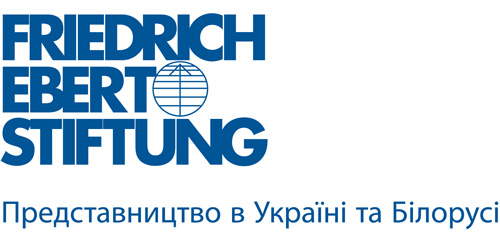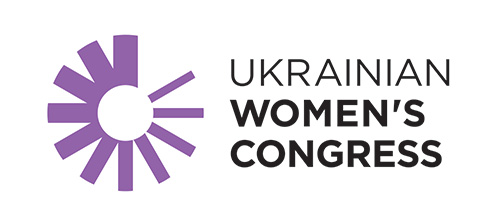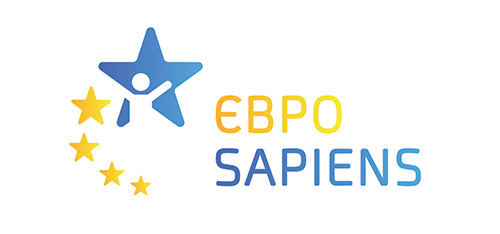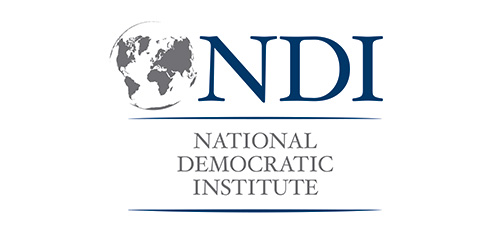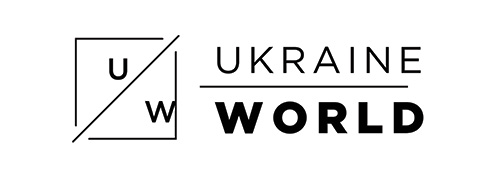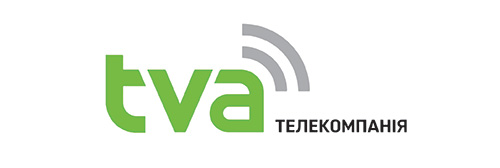«Interdependence of the world economy and the global security is undoubted fact» – this is the conclusion of international experts (international experts concluded)
The world is changing under the conditions of the global crisis; the society demonstrates increasing demand of consensus, of corporate actions in many processes. A global financial crisis forced governments of many countries and international organisations to pay more attention to connection (relations) between economic crises and security sphere. The transformation of the world economy and global security and their influence on political and social processes were discussed by international experts, state authorities and leading economists on Thursday, December 17th, 2009, during the International conference “World in Crisis: Security Implications and Challenges for Wider Europe”, organised by the Open Ukraine Foundation.
“The world crisis pointed just one thing. There is no single hegemon in the world anymore. But new centres of influence appear. And either European countries, including members and not-members of the EU, do unite for European continent to form powerful centre of influence, either we will stay behind again. It was America before, in some ten years it will be China. Events in the world are developing very dynamically now. It is a chance for us to get leadership. For us as a united Europe”, - Arseniy Yatsenyuk, the leader of the “Front zmin” political party, the peoples’ deputy of Ukraine, the founder of the Open Ukraine Foundation, said while opening the Conference.
The crisis of the last years didn’t only touched the geopolitical power balance in the world, but started to change security structure, particularly, concerning Europe. According to the known politician, expert on foreign policy, Oleksandr Chalyi, the social-economic crisis will have long-lasting consequences for wider Europe and for our region in particular. «Particularly one of these consequences is that the USA today, after many decades of assurances that they will leave the Europe, have taken the decision to refocus their foreign and security policy. The key direction for them becomes now Asia-Pacific coast (region). This means that the USA, practically, are going out of the Europe. And this is an irreversible process, which will have long-lasting consequences for the entire European security system», - he stressed.
Stephan De Spiegeleire, Director Defence Transformation, Senior Defence Scientist of The Hague Centre for Strategic Studies, shared his vision of the impact of economic crises on security sphere. The Netherlands pointed out there was a spectacular improvement in the international security situation over the last 20-30 years. World economic growth and rising democratisation have had an enormous impact on international security. European countries started to participate more actively in international security operations, significantly increasing the process of peace keeping and stability. However the crisis situation is slightly different. «We know surprisingly little about the impact of economic crises on the international (or regional) security. But despite that we can make three main findings about such impact: 1) economic crises can lead to a shift in the (regional and global) balance of power; 2) they tend to lead to reduced defence spending; and 3) they can trigger internal instability and political/social unrest», - Stephan De Spiegeleire noted.
The world crisis has changed accents not only in geopolitical or financial environment. It has touched the grounds of existence of many international organizations. Particularly, Michel Dure, Head of the Outreach Countries Section, Public Diplomacy Division, NATO Headquarter has stressed on the changes which are happening in NATO: “The nature of cooperation principles of the NATO with other structures is changing. Now we have a lot of understanding of security, democracy, culture societies. On the other way there are many general problems and security threats. Finding consensus between this understanding, solving general problems and threats’ preventing is indeed the new interface of cooperation. A lot of international organizations exist today, and NATO is not to govern them, but to look for wider approaches to cooperation. Each international organization must find its own niche, then it will be possible to work together to manage the crisis”.
The desire to overcome challenges and implications of the global crisis became the impulse to look for new ways of the world community interaction. Transforming G8 into G20, strengthening of the economic influence of BRIC countries, which Indonesia gradually joins, growing political role of Turkey – that is a part of the process of world politics and economy scrambling, which is happening now and may be continued in the near future. «The study for the G20 meeting this autumn concluded that there was a policy slippage on variety of things. That could undermine really sustainable economical recovery in the world. But there had been not so-called «high intensity protectionism», as a reaction to the crisis - Sweden's Ambassador to Germany in 1996-2001, Member of Advisory Board of the Globe Forum, the former Minister of Foreign Trade, European Union Affairs and Nordic Cooperation of Sweden, Mats Hellstrom has shared his findings with the participants of the Conference. - The global financial system is very fragile and immature. And here lies a great risk of future crises outburst».
The undoubted fact for discussion participants during the International Conference was the search by the states of the world of their own methods and techniques for struggle with the economic crisis. Many countries used quite wide arsenal of fiscal measures to stimulate the economy, relying only on their own financial capabilities. At the same time, a number of EU member states (Poland, Latvia, Romania, Hungary) and Black Sea countries (Georgia, Ukraine) asked for the IMF help, as they did not have sufficient own resources to counter the crisis manifestations. This shows the ambiguity of "flow" and a variety of approaches to struggle the crisis in different countries.
Such situation was also confirmed by Dmitri Sorokin, doctor of economics, professor and member of the Russian Academy of Sciences, Deputy Director of the Institute of Economic Sciences. In particular, he said: «It is undoubtedly that there is the crisis of global financial and economic system. But this crisis runs differently in each country. Each country has its own «crisis». For example, the crisis in Russia began in the early 90-ies. In 1998 the Russian crisis reached its peak point, the so-called «bottom». Then the trajectory of recovery began. And it has not finished till 2008! That means Russia at the beginning of the current financial and economic crisis has not yet released from its own crisis. Therefore, the return of economic indicators of Russia to the level of 2008 will not be exit of the crisis, but the return to the trajectory of recovery».
Organising the International Conference on such a specific and a little studied in Ukraine question as the impact of economic crisis on the security sector, the Open Ukraine Foundation strove to present the leading views on the interdependence of economy and security, to provide an opportunity for discussion of experts on these issues and create an atmosphere to find new solutions.
Representatives of the European Union, the NATO, the OSCE, the GUAM, the BSEC, the EBRD, embassies, government and non-government organizations, research institutes of over twenty countries of the world attended the event.
The conference took place in the network of the Kyiv Security Forum, held annually by the Open Ukraine Foundation. This year partners of the event became the Royal Institute of International Affairs Chatham House (London), the European Policy Centre (Brussels), and the Regional Representation of the Friedrich Ebert Foundation for Belarus and Ukraine. The financial aid was granted by the Black Sea Trust of German Marshall Fund and the Polish Aid Program.





